#History of Jamaica
Explore tagged Tumblr posts
Text

“In Fractal Repair, Matthew Chin contributes significantly to our understanding of the history and the present of queer Jamaican life. Chin fills in the gaps on queer organizing in Jamaica, making use of the archive to piece together a different account of queer Jamaica than usually circulates. It is a lively read, deeply thoughtful, and does what it means to do: repair our understanding of queer Jamaican life and politics.”
7 notes
·
View notes
Text
#BookReviewTour ~ Island in the Sun: Growing up in Jamaica 1948-1954 by Monica Carly @ZooloosBT #ReadNonFicChal #BookTwitter #BookRec #BookPromo
My Thoughts Monica outlines an intriguing comparison between her early days as a child in Jamaica and the life being lived there now after visiting the area. Therefore, she does a lot of descriptions of day-to-day life that would be foreign even to most of the current generation’s childhood. It is a window through which the many ebbs and tides of that time emerge, yet in an individual and…

View On WordPress
0 notes
Text
This is the last pot-shot at the Gerald Horne asswipe but it's also an inevitable one:
In the case of the Baptist War, this is one of the wars that in particular, to beat that dead horse one last time would be historically impossible along with its 1795 precursor, if the Gerald Horne/1619 Project thesis about the British Empire was true. It was the largest slave rebellion in Jamaican history, it had a very direct connection to the abolition of slavery in the Caribbean colonies of the British Empire in the mid-1830s, and as such it was arguably the most successful slave rebellion in the history of the British Empire.
The people who fought this war and its three precursors deserve and deserved better than to be given short-shrift to sell pseudohistorical nonsense.
#lightdancer comments on history#black history month#military history#history of jamaica#baptist war
1 note
·
View note
Photo

Daphne Du Maurier with her father, Sir Reginald Du Maurier, Hampstead, 1925
#1920s#roaring 20s#jazz age#history#daphne du maurier#historic#vintage#reginald du maurier#1925#photos#author#writer#novels#books#rebecca#jamaica inn#my cousin rachel#hampstead#england
1K notes
·
View notes
Note
was it just the two of them on the jamaica trip?
no! they were there with a group of other vloggers and iirc there's footage of them in the background of other videos posted during the trip. it was actually sponsored by a company selling waterproof cameras or something & was a really early example of that kind of thing?
dan actually wasn't originally included but phil insisted & so dan replaced one of the other people who was going to be a part of things because they really wanted phil.
407 notes
·
View notes
Text

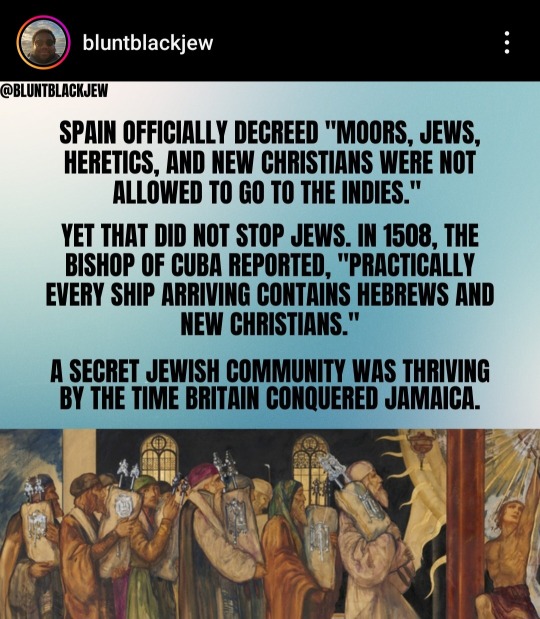


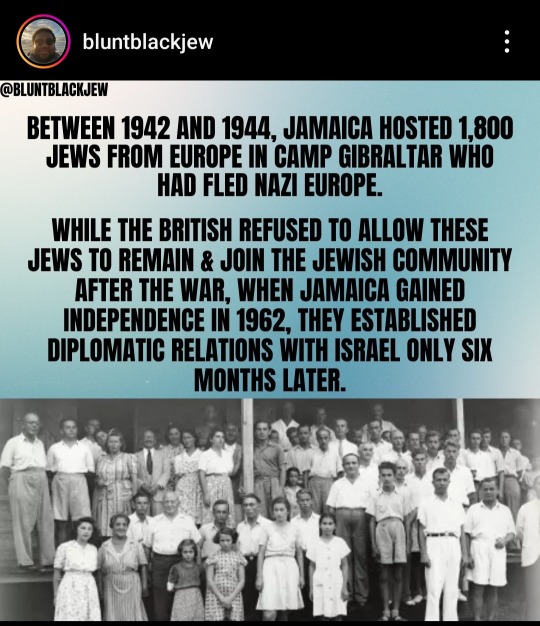
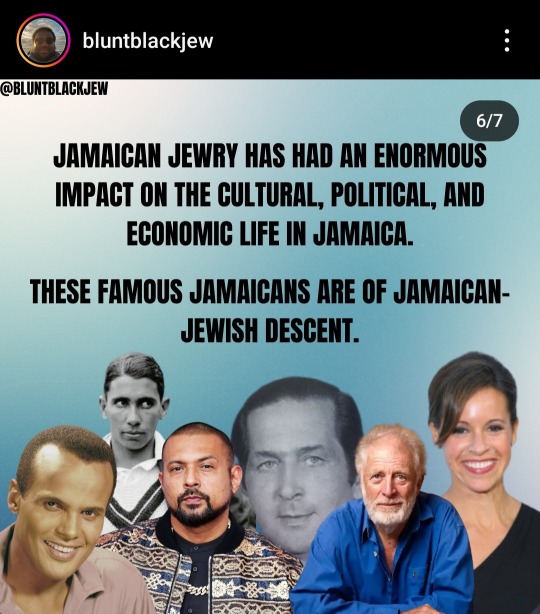
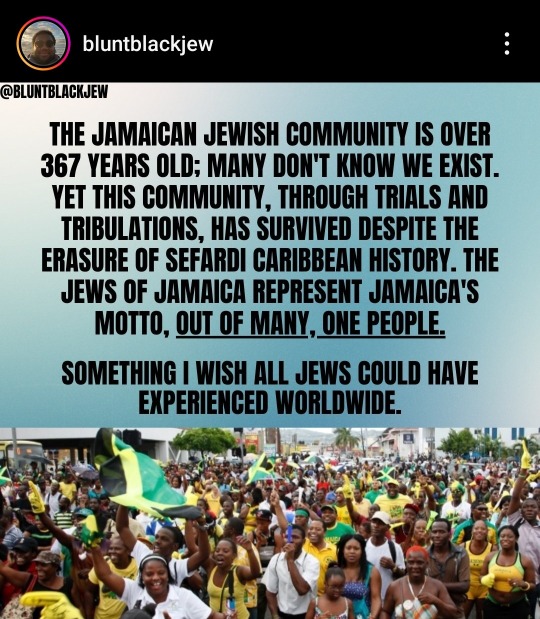
Bluntblackjew via Instagram: "Jamaican Jewish history is so extensive that this post would, instead of 7 slides, probably extend to 30 or more. That is what I love about the history of Jamaica, and the fact this is history is living history. This condensed version is how Jamaican Jews came as refugees and became one of the many people on the island to directly influence history "Jews in the Caribbean, especially Safardi Jews, never disappeared. We continue to exist, and I hope this post educates and removes the erasure of our history that we continue to see."
#bluntblackjew#Jamaican Jews#jamaica#black jews#jews#judaism#jamaicanhistory#Jamaican History#caribbean#Jewish History
944 notes
·
View notes
Text

they've always said that the reason why slavery revolts didn't work in america is because america had one thing these other slave revolts didn't have working against them: poor white people.
#maroons#jamaica history#colonialism#slavery resistance#african diaspora#history#slavery#poor white people#racism
455 notes
·
View notes
Text
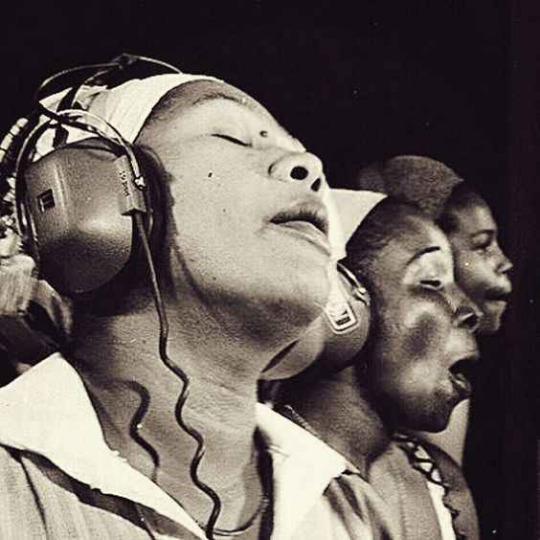
The I Threes
Marcia Griffith, Nana Rita Marley, Judy Mowatt. Recording in Kingston, Jamaica. 1980
Photo: Lindsay Oliver Donald
316 notes
·
View notes
Text


Uniform of the Jamaica Light Horse from the British Empire dated to 1830 on display at the National Army Museum in London, England
Militia and auxiliary units were raised to defend Jamaica and protect the interests of planters and merchants. Although Jamaica's mountainous interior limited the effectiveness of cavalry, the Light Horse helped suppress rebellions by enslaved people and others.
Photographs taken by myself 2024
#military history#art#uniform#fashion#cavalry#19th century#british empire#jamaica#jamaican#national army museum#london#barbucomedie
69 notes
·
View notes
Text

#black people#black#black history#black tumblr#blacktumblr#pan africanism#black conscious#africa#black power#black empowering#jamaican#black fashion#fashion#Jamaica#afro caribbean
70 notes
·
View notes
Text
71 notes
·
View notes
Text
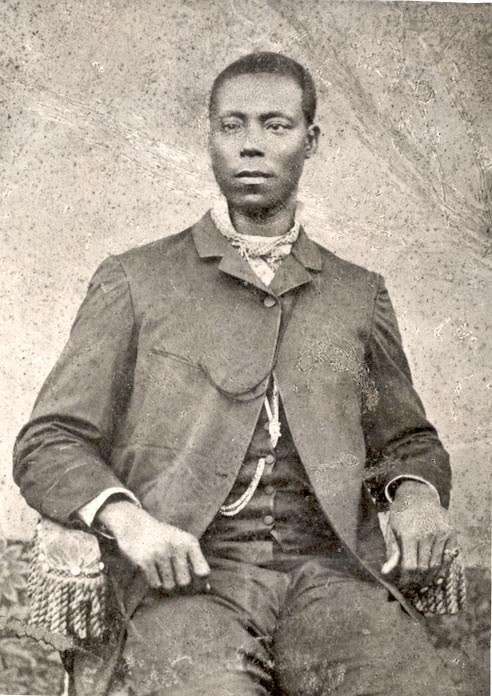
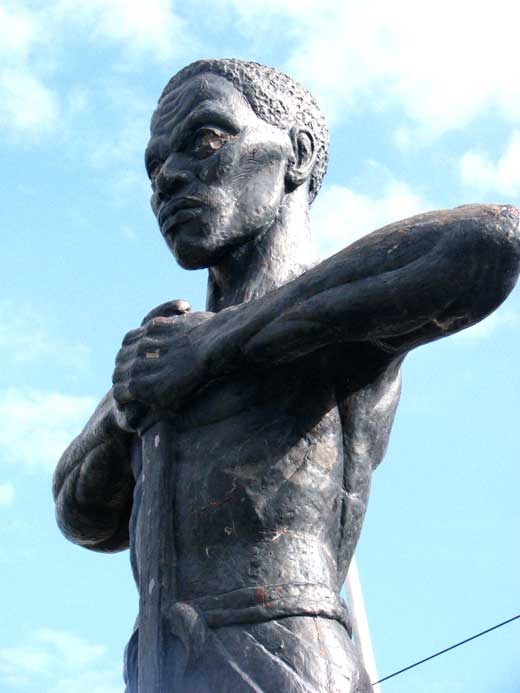
Paul Bogle led the last large scale armed Jamaican rebellion for voting rights and an end to legal discrimination and economic oppression against African Jamaicans.
Bogle owned a home in Stony Gut and had another house in Spring Garden as well as a 500 acre farm at Dunrobin making him one of the few African Jamaicans prosperous enough to pay the fee to vote.
Officially Jamaican slavery ended in 1833 after the Sam Sharpe Rebellion a year earlier. Yet from 1834 to 1838 former slaves served post-servitude “apprenticeships” to their former owners. They were also subject to a judicial system controlled by the Colonial government primarily for the benefit of the former slaveholders. They endured unemployment and taxes but low wages.
In August of 1865, Bogle led a 50 mile march of small farmers and former slaves to Spanish Town to meet with Governor Eyre to discuss their political grievances. They were denied an audience with the governor.
Two months after that attempted meeting, the Morant Bay Rebellion started, sparked by the arrest of a supporter of Bogle for protesting the conviction of another black Jamaican for trespassing on a long-abandoned plantation.
The Jamaicans, armed with sticks and stones, were protesting against injustice and widespread poverty. Most freedmen were prevented from voting by high poll taxes, and their living conditions had worsened following crop damage by floods, cholera and smallpox epidemics, and a long drought.
Bogle was captured, tried and convicted by the colonial government, and hanged on 24 October 1865 in the Morant Bay court house.
Because of his efforts Bogle was recognized as a national hero in Jamaica in 1969.
•••
Paul Bogle dirigió la última rebelión armada jamaiquina. Esta fue por el derecho al voto, el fin a la discriminación legal y la opresión económica contra los jamaiquinos africanos.
Bogle solía ser dueño de una casa en Stony Gut y tenía otra casa en Spring Garden, también una granja de quinientos acres en Dunrobin, lo que lo convertía en uno de los pocos jamaiquinos africanos lo suficientemente prósperos como para pagar la tarifa para votar.
La esclavitud en Jamaica terminó oficialmente en 1833 después de la rebelión de Sam Sharpe. Sin embargo, de 1834 a 1838, después de la servidumbre, los antiguos esclavos se convirtieron en “aprendices” de sus antiguos dueños. También estaban sujetos a un sistema judicial controlado por el gobierno colonial, el cual principalmente beneficiaba a los antiguos propietarios de esclavos. Sufrieron desempleo e impuestos.
En agosto de 1865, Bogle encabezó una marcha de cincuenta millas, tanto pequeños agricultores como ex esclavos fueron hasta Spanish Town para reunirse con el gobernador Eyre y discutir sobre las quejas políticas. Se les negó una audiencia con el gobernador.
Dos meses después de ese intento de reunión, comenzó la Rebelión de Morant Bay, provocada por el arresto de un partidario de Bogle, el cual se encontraba protestando en contra de la condena que se le había aplicado a otro jamaiquino negro por entrar ilegalmente a una plantación que había sido abandonada hace mucho tiempo.
Los jamaiquinos armados con palos y piedras, protestaron en contra de la injusticia y la pobreza generalizada. A la mayoría de las personas negras libres se les impidió votar debido a los elevados impuestos electorales, y sus condiciones de vida habían empeorado tras los daños a las cosechas causados por inundaciones, epidemias de cólera y viruela, y una larga sequía.
Bogle fue capturado, juzgado y condenado por el gobierno colonial y ahorcado el 24 de octubre de 1865 en el juzgado de Morant Bay.
Gracias a sus esfuerzos, Bogle fue reconocido como héroe nacional de Jamaica en 1969.
#jamaica#black history is everybody's history#history#freedom#freedom fighters#black history is world history#afrocentric#blackhistory#español#historyfacts#historia africana#historia#jamaican#hero#national hero#blacklivesalwaysmatter#blacklivesmatter#blackhistorymonth#blackpeoplematter#knowyourhistory#heritage#voting rights#human rights#civil rights#culture#black history month#blackhistoryyear#black history is american history#black history#black power
66 notes
·
View notes
Text
Black History Facts - Frances Williams
#black history#black history facts#black art#halleys comet#black lives matter#black people#blacklivesmatter#jamaica#science#astronomy#issac newton#racial injustice#mathmatics#jamaican#black liberation#black pride
66 notes
·
View notes
Text

Real Rasta man Dem Which country is this plane ✈️ heading To ???
#black community#original photographers#black people#artwork#graphic design#black art#black power#black history#black culture#black family#rasta woman#dancing rasta#rastafari#rastaman#weedlife#smoke weed everyday#weedporn#jamaican#jamaica#dancehallculture#dancehall#reggae
80 notes
·
View notes
Text
Jamaica Makes First Move Towards Removing King Charles as Head of State
Gotta take it back from the milk people. Their reign is finally coming to an end! 👊
#blackmen#melaninpoppin#blackcouples#blackwomen#blacklove#blackfamily#blackfathers#melaninrich#marriedandblack#blackexcellence#black tumblr#black liberation#black history#jamaica
22 notes
·
View notes
Text
Time Travel Question 48: Early Modernish and Earlier 3
These Questions are the result of suggestions a the previous iteration.This category may include suggestions made too late to fall into the correct earlier time grouping. In some cases a culture lasted a really long time and I grouped them by whether it was likely the later or earlier grouping made the most sense with the information I had. (Invention ofs tend to fall in an earlier grouping if it's still open. Ones that imply height of or just before something tend to get grouped later, but not always. Sometimes I'll split two different things from the same culture into different polls because they involve separate research goals or the like).
Please add new suggestions below if you have them for future consideration. All cultures and time periods welcome.
#Time Travel#Paracelsus#Early Modern#Precolonization#Indigenous Cultures#Aphra Behn#Il Sodoma#Art History#Theater History#Espionage#The Man in the Iron Mask#Yellowstone#Indigenous History#18th Century#17th Century#Serial Killer#Nursery Rhymes#Nanny of the Maroons#Escaped Slaves#Jamaica#1600s#1700s#Caribbean History#Black Women's History#Black History#Women's History#Ediacaran Era#Neoproterozoic Era#Ancient Iberian Cultures#Iberian History
61 notes
·
View notes